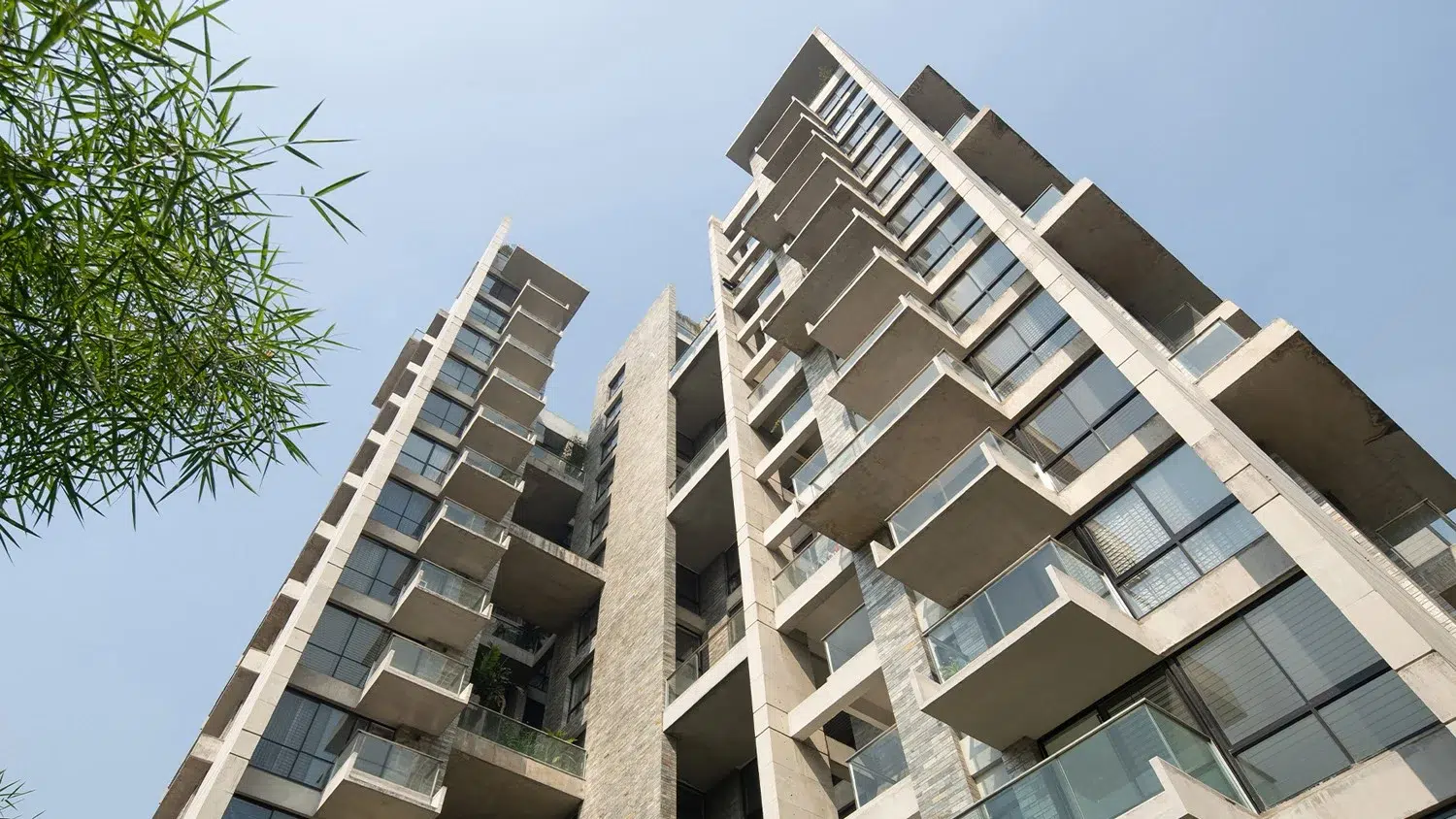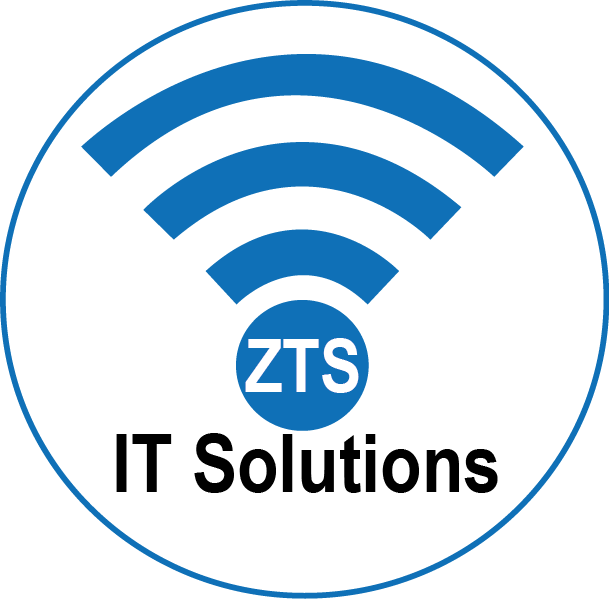ZTS Solutions
News & Article Details

Why Need Properties Management Software
Real Estate
2024-10-22
Property
management software is essential for efficiently managing rental properties,
real estate portfolios, or community associations. It streamlines operations,
enhances tenant satisfaction, and simplifies administrative tasks. Here are the
key reasons to use property management software:
1. Streamlined Operations
- Centralized Management: Allows property managers to
handle multiple properties and tenants from one platform.
- Task Automation: Automates repetitive tasks
like rent collection, lease renewals, and maintenance scheduling.
- Time-Saving: Reduces manual paperwork
and optimizes workflows.
2. Improved Tenant Management
- Seamless Communication: Facilitates direct
communication with tenants for updates, reminders, or issue resolution.
- Tenant Portals: Enables tenants to pay
rent, raise maintenance requests, and view lease terms online.
- Efficient Record-Keeping: Stores all tenant-related
information, like payment history and lease agreements, in one place.
3. Enhanced Financial Management
- Online Rent Collection: Provides secure and
convenient payment options for tenants, such as credit/debit cards, ACH
transfers, or mobile wallets.
- Financial Reporting: Generates detailed reports
on income, expenses, and profit margins.
- Automated Invoicing: Sends payment reminders and
late fee notices automatically.
4. Maintenance and Repairs
- Maintenance Tracking: Tracks and prioritizes
maintenance requests, ensuring timely resolution.
- Vendor Management: Maintains a list of service
providers and tracks their activities and payments.
- Preventive Maintenance: Schedules regular checks to
avoid costly repairs and ensure property longevity.
5. Compliance and Documentation
- Legal Compliance: Keeps properties in
compliance with local and federal regulations, such as fair housing laws
or safety standards.
- Lease Management: Tracks lease expirations
and automates the renewal process.
- Digital Storage: Stores important documents
securely and makes them easily accessible.
6. Scalability
- Handles Growth: Supports property managers
as their portfolios expand, whether it's a few units or hundreds of
properties.
- Customizable Features: Offers modular solutions to
meet the specific needs of residential, commercial, or mixed-use
properties.
7. Data-Driven Insights
- Analytics and Reporting: Provides insights into
occupancy rates, tenant turnover, and financial performance.
- Forecasting: Helps predict market trends
and optimize rental pricing strategies.
8. Enhanced Security
- Data Protection: Ensures sensitive
information, such as financial transactions and tenant details, is
securely encrypted.
- User Access Control: Limits access to authorized
personnel, maintaining confidentiality.
9. Increased Tenant Retention
- Better Service: Quick issue resolution and
transparent communication improve tenant satisfaction.
- Convenience: Features like online
payments and portals make tenants more likely to renew leases.
10. Competitive Advantage
- Professionalism: Demonstrates a modern,
organized approach to property management.
- Market Responsiveness: Quickly adapts to changing
market conditions and customer demands.
Conclusion
Property
management software is a valuable tool for saving time, reducing costs, and
improving efficiency. It enhances the experience for both managers and tenants,
ensuring better relationships and a smoother operation overall. Whether
managing residential or commercial properties, the right software is a critical
investment for success.




